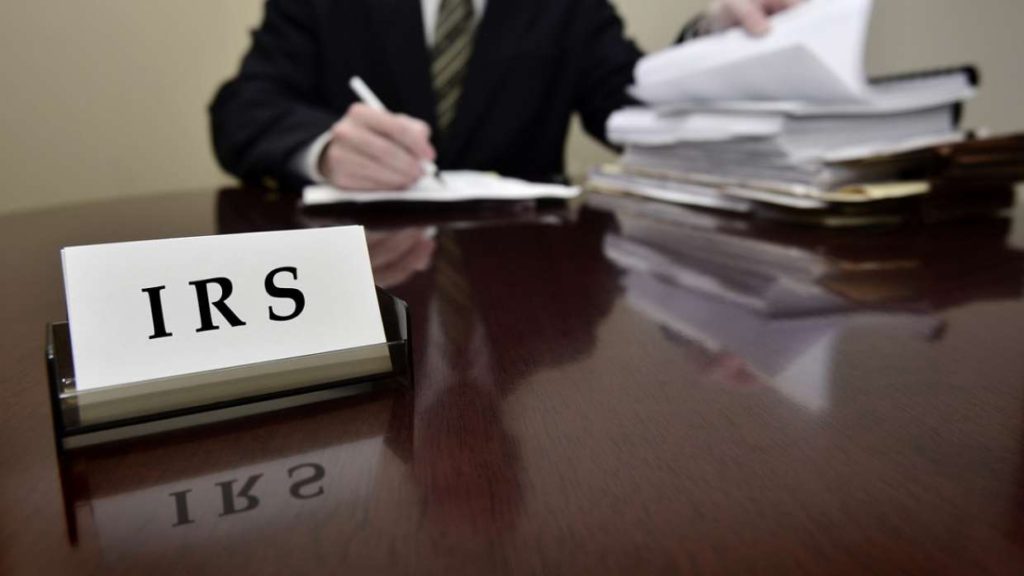IRS Divides Up the Dirty Dozen Tax Scams


It’s that time again! The IRS has announced the “Dirty Dozen tax scams” for taxpayers to watch out for in 2021 (IR-2021-135, 6/28/21). Specifically, the Dirty Dozen list is broken down into the following categories:
- Pandemic-related scams like Economic Impact Payment (EIP) theft
- Personal information cons including phishing, ransomware and phone “vishing”
- Ruses focusing on unsuspecting victims like fake charities and senior/immigrant fraud
- Schemes that persuade taxpayers into unscrupulous actions such as Offer In Compromise (OIC) mills and syndicated conservation easements.
The IRS compiled the list based on who perpetuates the schemes and the intended targets. In addition to its initial release, the IRS will roll out details on the other scams in the following days. Meanwhile, it’s urging all taxpayers to be on guard, especially during the pandemic, for other people in their lives as well as themselves.
EIP theft: The IRS has identified a continuing threat to individuals from identity thieves who try to steal EIPs. Most eligible people will receive their payments automatically from the IRS. Taxpayers should watch out for these telltale signs of a scam:
- Any text messages, random incoming phone calls or emails inquiring about bank account information or requesting recipients to click a link or verify data should be considered suspicious and deleted without opening.
- Be alert to mailbox theft. Frequently check mail and report suspected mail losses to Postal Inspectors.
- Don’t fall for stimulus check scams. The IRS won’t initiate contact by phone, email, text or social media asking for Social Security numbers or other personal or financial information related to EIPs.
Taxpayers should remember that the IRS website, www.irs.gov, is the agency’s official website for information on payments, refunds and other tax information.
Unemployment fraud: Due to the pandemic, many taxpayers lost their jobs and received unemployment compensation from the state of their residence. However, scammers also took advantage of the pandemic by filing fraudulent claims for unemployment compensation using stolen personal information of individuals who had not filed claims. Payments made on these fraudulent claims went to identity thieves.
The IRS is reminding taxpayers to be on the lookout for Forms 1099-G reporting unemployment compensation they didn’t receive. For those in this situation, the IRS urges you to contact their appropriate state agency for a corrected form. If a corrected form can’t be obtained so that a timely tax return can be filed, taxpayers should complete their return claiming only the unemployment compensation and other income they actually received.
See Identity Theft and Unemployment Benefits for more details and DOL.gov/fraud for state-by-state reporting information.

